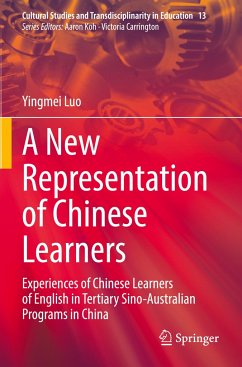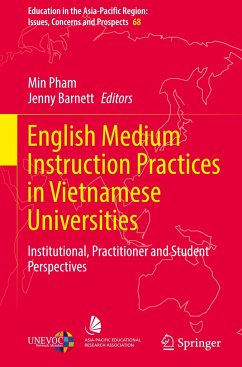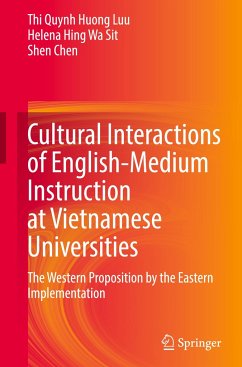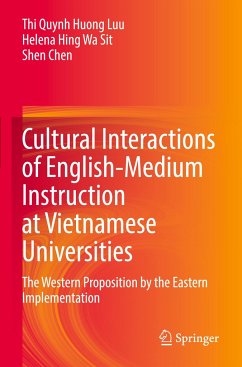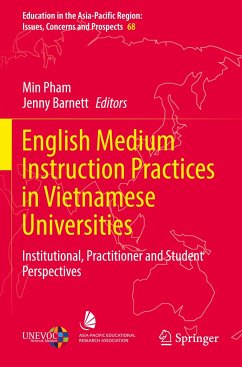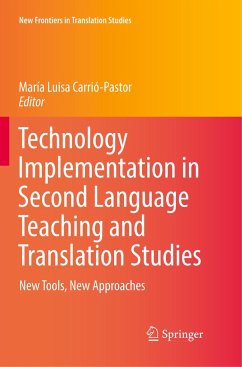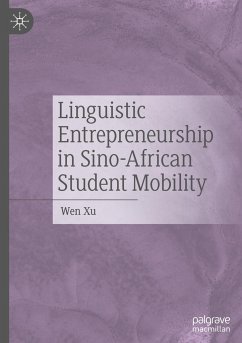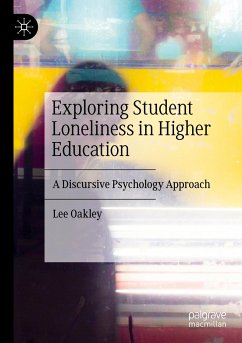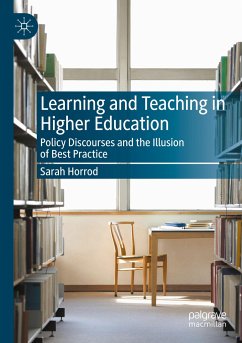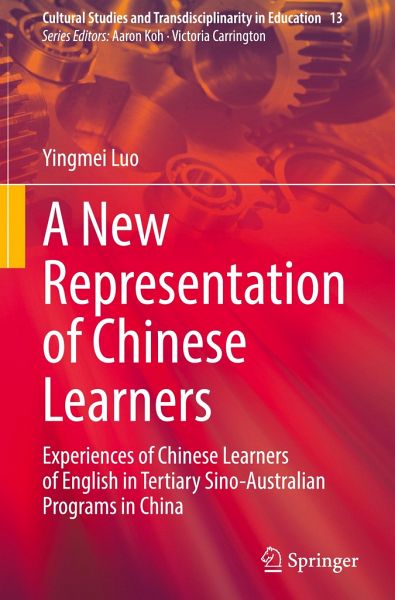
A New Representation of Chinese Learners
Experiences of Chinese Learners of English in Tertiary Sino-Australian Programs in China
Versandkostenfrei!
Versandfertig in 6-10 Tagen
106,99 €
inkl. MwSt.
Weitere Ausgaben:

PAYBACK Punkte
53 °P sammeln!
This book examines Chinese tertiary students' experiences of learning English in Sino-Australian programs in China. Using an institutional ethnography, the book examines one well-established Sino-Australian program based at a Chinese university. The book explores the ways that participant students used the Chinese words, tropes and their meanings to describe their English learning experiences with both local Chinese and foreign English teachers. This book introduces an innovative theoretical framework, "representation theory with a multilingual perspective", to analyse how Chinese students' ev...
This book examines Chinese tertiary students' experiences of learning English in Sino-Australian programs in China. Using an institutional ethnography, the book examines one well-established Sino-Australian program based at a Chinese university. The book explores the ways that participant students used the Chinese words, tropes and their meanings to describe their English learning experiences with both local Chinese and foreign English teachers. This book introduces an innovative theoretical framework, "representation theory with a multilingual perspective", to analyse how Chinese students' everyday experiences are constructed and mediated through language, discourse and identity. This framework also highlights graphic examples of how concepts are created in both Chinese and English, and thus serves as a powerful tool for deconstructing dichotomies between China and the West. The aim of this book is, then, two-fold: to show how a novel theoretical lens can help us to developmore nuanced understandings of Chinese students, and to propose a new methodological and theoretical framework through which one can challenge the monolingual subjectivity and parochial views of both Chinese and Western conceptions.





